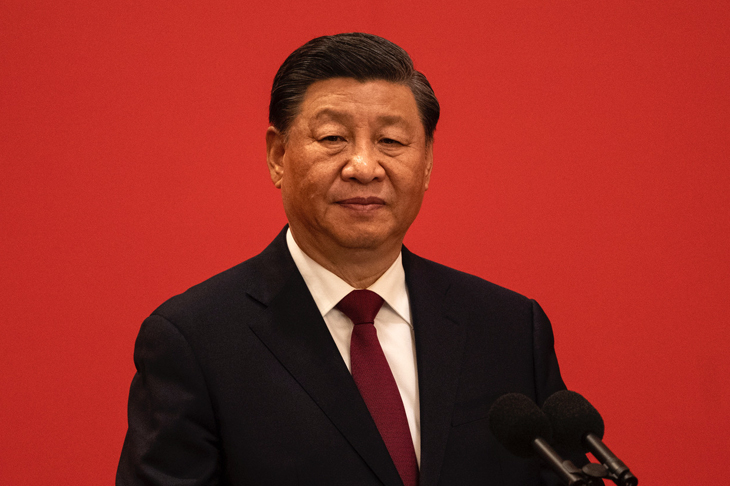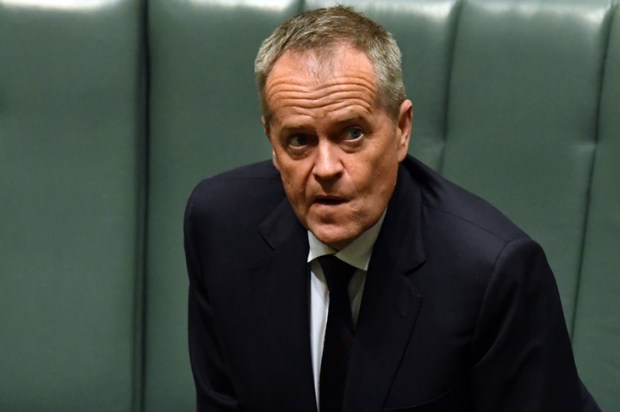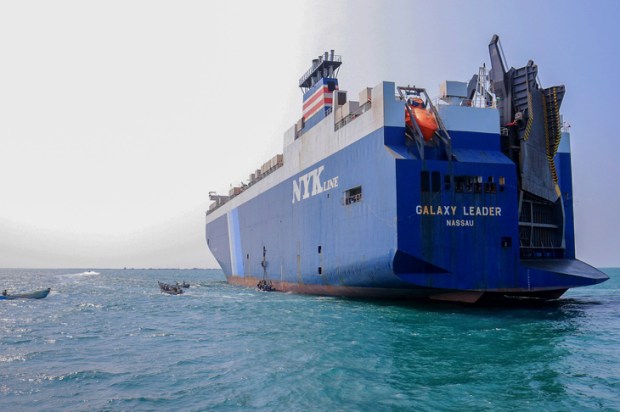A day before the Chinese Communist Party’s national congress was due to open, a single protestor captured media attention when he unfurled banners denouncing Xi Jinping from a bridge in the centre of Beijing. Unlike the West, where political protests are commonplace, especially outside parliaments or during party conferences, this was a rare event, quickly shutdown by the police. One banner read ‘We want food, not PCR tests. We want freedom, not lockdowns. We want respect, not lies. We want reform, not a Cultural Revolution. We want a vote, not a leader. We want to be citizens, not slaves’. Another banner read ‘Let us strike from schools and from work and remove the dictatorial traitor Xi Jinping’. Although references to the protest were quickly removed from social media by the country’s censors, images of the protest had spread to tens of thousands of people, an indication that the demonstrator was not a lone voice in his condemnation of the regime. An ‘I saw it’ hashtag was viewed more than 180,000 times. Protest signs repeating the messages have circulated globally.
The protestor, said to be Peng Lifa, was arrested and detained. Now known as the ‘bridge man’, he joins the iconic ‘tank man’ of Tiananmen Square in the pantheon of Chinese dissenters. No doubt he – and his family – will be severely punished for posting the banners on the Sitong bridge, setting alight tyres and broadcasting protest messages to attract attention.
Consider the fate of Dong Yaoqiong, an 18-year-old real estate agency employee who had moved to Shanghai from Hunan. Dong’s indiscretion was to film herself spraying ink on a poster of Xi Jinping and posting it on Twitter in July 2018. It was viewed by many Chinese who access the social media through a VPN to bypass the communist censors.
In the manner of the Stalinist-era Soviet Union, Dong was arrested by the security police and sent to a psychiatric hospital. Her father Dong Jianbiao, who fought for her release, was sentenced to three years jail after being accused of threatening to burn down the house of his ex-wife in 2021. He was reported to have been charged with ‘picking quarrels and provoking troubles’ – believed to have been a consequence of his ongoing quest for his daughter’s freedom. A month ago, relatives reported that Mr Dong had died in prison. On viewing the body – which authorities demanded be cremated within five days and the ashes buried immediately – relatives reported it was covered with wounds and had signs of bleeding.
Ms Dong has not been sighted for two years and her whereabouts is unknown. The rights organisation Safeguard Defenders recently published a harrowing report on conditions in China’s psychiatric prisons, with patients chained to bars along the walls while being forced to sing songs praising the CCP. In works reminiscent of Aleksandr Solzhenitsyn’s The Gulag Archipelago, Chinese dissident author Liao Yiwu has detailed comparable horrors of the Chinese prison system.
The seeming immediate cause of Peng’s protest was Xi’s Covid-zero policy, which is wreaking havoc in China. Travel during the nation’s annual Golden Week holiday period has fallen significantly in the past three years, with severe impacts on domestic tourism. When just two infections were discovered in the resort city of Sanya on Hainan Island, authorities ordered PCR tests for the population and restricted movement. Angry tourists confronted armed guards in full hazmat suits when the Xishuangbanna airport was closed in Yunnan province following the report of 61 cases. In Xinjiang, the home of 22 million people, residents were banned from departing the province after just 38 cases. Travellers to Covid areas have found themselves unable to return home. A BBC analysis found that of the 152 prefecture-level cities locked down since March, affecting a population of more than 280 million people, 114 had been closed down just since August, suggesting the CCP used the restrictions to quell possible dissent before the national congress.
Entire cities have been locked down with disastrous consequences for businesses, including the major manufacturing cities such as Shenzhen and Tianjin. Food shortages are rife and a healthcare crisis spreading. When a 16-year-old girl who did not have the virus was forced into a Covid quarantine centre and subsequently died, despite pleas for medical assistance by her family, videos of her struggling to breathe and convulsing on a bed spread like wildfire on social media. The ongoing mass-quarantining of populations has seen the expression of anger and resentment in many parts of the country. Despite the unrest, Xi doubled down on his Covid-zero policy, telling the party congress that ‘in launching an all-out people’s war to stop the spread of the virus, we have protected the people’s health and safety to the greatest extent possible and made tremendously encouraging achievements in both epidemic response and economic and social development’.
Xi’s Covid policies, along with widespread drought and energy and water shortages, have intensified the impact of the major economic crisis China is experiencing. Economic growth plunged to the lowest levels since Deng’s reforms to open up China. Investment has diminished and one in five young people aged 16 to 24 is unemployed. Borrowings by the central and provincial governments have constrained policy responses to the crisis. Opposition to necessary property and land reform remain. In Xi’s drive for self-sufficiency, profitable farming enterprises like aquaculture are being replaced with less lucrative rice and wheat fields. China is losing more manufacturing to Vietnam, Malaysia, Bangladesh, India and Taiwan and many exports are declining. The Covid-zero policy continues to strangle major transport hubs, the latest being the Port of Ningbo, the world’s largest port and the third-largest container port. New US export controls, especially on the Chinese tech sector, will have a significant impact on the economy.
It was unsurprising that the Chinese authorities decided last week to delay the publication of the nation’s headline third-quarter indicators, including GDP, not that the Chinese data is very reliable. For years now, various annual data lines have been discontinued, and what remains is as opaque as the inner workings of the CCP. Growth over the past two decades, for example, has probably been about a third less than the official statistics reveal according to some economists. Xi Jinping’s ‘common prosperity’ drive is looking more and more like an empty slogan. No wonder he warned the party delegates of ‘dangerous storms’ facing China.
Got something to add? Join the discussion and comment below.
Get 10 issues for just $10
Subscribe to The Spectator Australia today for the next 10 magazine issues, plus full online access, for just $10.
You might disagree with half of it, but you’ll enjoy reading all of it. Try your first month for free, then just $2 a week for the remainder of your first year.














Comments
Don't miss out
Join the conversation with other Spectator Australia readers. Subscribe to leave a comment.
SUBSCRIBEAlready a subscriber? Log in